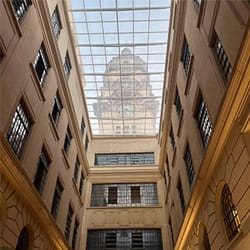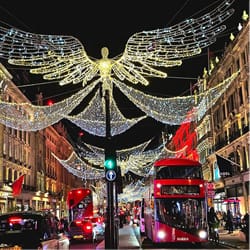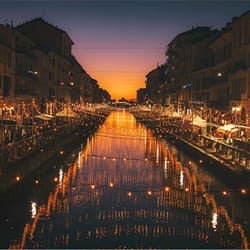This news has certainly had more impact in the Commonwealth countries, first and foremost in the United Kingdom and especially in London.
There would be so much to write about the Queen, so much has been written and been said already, but I would like to focus on how the English people have taken her death.
I was impressed (although not surprised) by the emotions people expressed on the streets for this occasion.
English people are usually perceived as unemotional and ‘cold’ but they showed their fragility for the death of their Queen and I have seen some Londoners to be in tears these days.
I have also noticed the devotion, the admiration and the respect they showed towards Her Majesty, other than some genuine affection, just as she had been a dear member of their family.
But let me say some things regarding the days following her death.
First of all, great royal events in the Kingdom are often a mix of old and new traditions and Queen Elizabeth II's commemoration and funeral were no exception.
The modern history of royal occasions is made up of innovation and tradition to preserve the popularity and importance of the monarchy and the monarch's ability to represent the entire nation has over the years become the main theme.
The organization of public mourning for Elizabeth II, which began with her death on the 8th of September and ended after her funeral on the 19th of September, was a great national event, although not a happy one of course.
The Queen herself wished to have a shorter ceremony, not to be too ‘tedious’ for people attending.
So many people showed up at her funerals to watch them from a distance and one of the aspects which impressed me the most is how ‘the commoners’ were able to queue up to twenty-four hours waiting to parade in front of the coffin of Elizabeth II to pay a last homage to her and say goodbye to whom, for many or maybe most, will remain the one and only British sovereign.
There were about ten kilometres of queue between Westminster Hall and Southwark park, on the south bank of the Thames.
A queue that soon became a spiritual experience, in an era in which you can skip any line you wish if you just sign up with some app, this was a step back in time.
Here the wait you had to do was just like in the old days, if obviously you are not a noble or an authority for whom certain formalities do not exist.
On this occasion, patience and effort became an experience in itself, the culmination of which, in a respectful homage to the Queen, a bow, a look, a sign of respect, represented not only the final tribute to Her Majesty but also the most emotional one.
It was a return to the past, a sort of parenthesis in which time was no longer the priority like it usually is in the rush of modern life.
Beloved and long-lived, Elizabeth was not only a head of state or a sovereign. It was a true symbol, the flag bearer of an era that accompanied more than one generation.
It seems natural, therefore, that her death triggered an unprecedented media wave.
Her longevity is only the last of the reasons why Elizabeth's death has thrown the whole world into despair.
Elizabeth was much more than the queen “we were used to by now.”
She was the only queen ever to have lived at Buckingham Palace, she was strict but compassionate, well-travelled and smart…and she was unique.

R.I.P. Dear Queen






























































